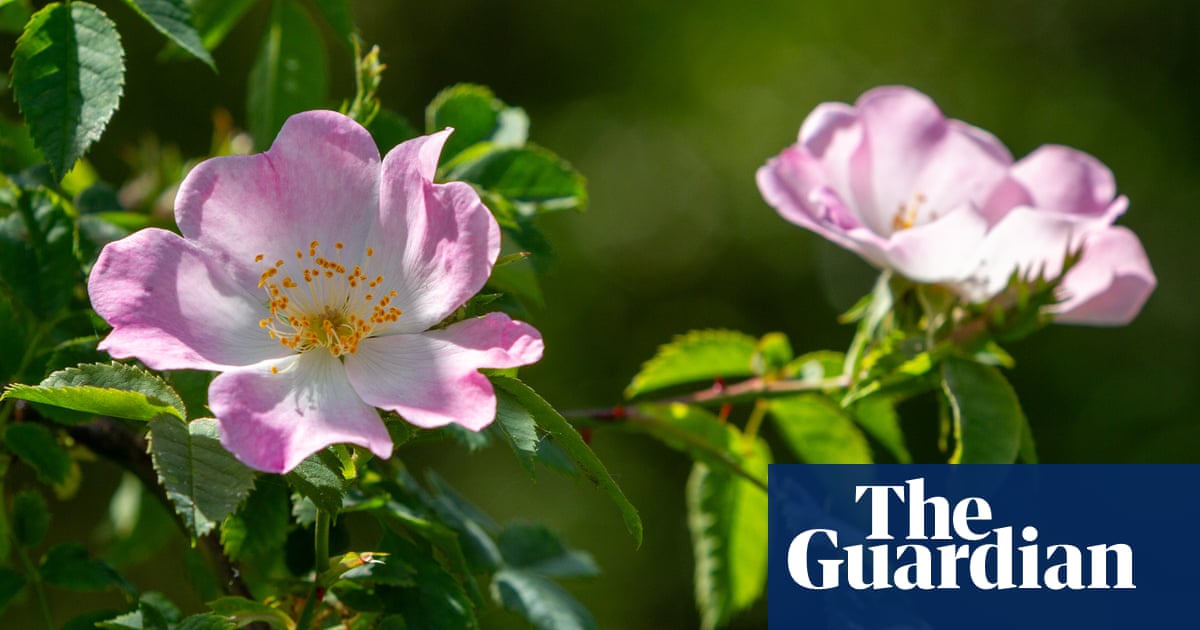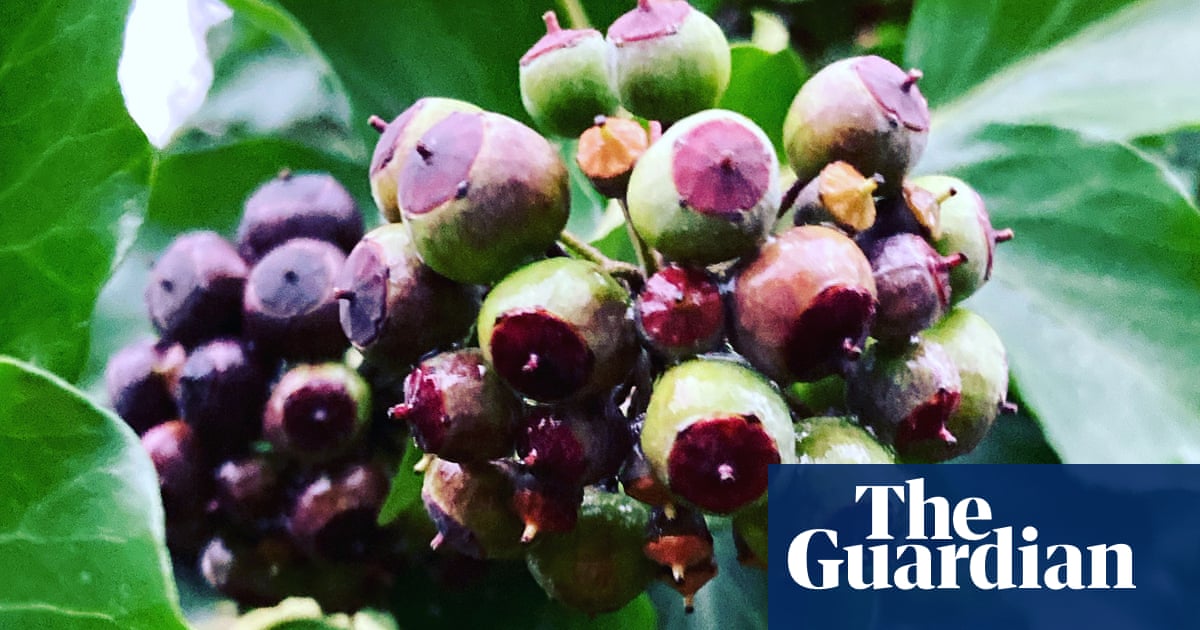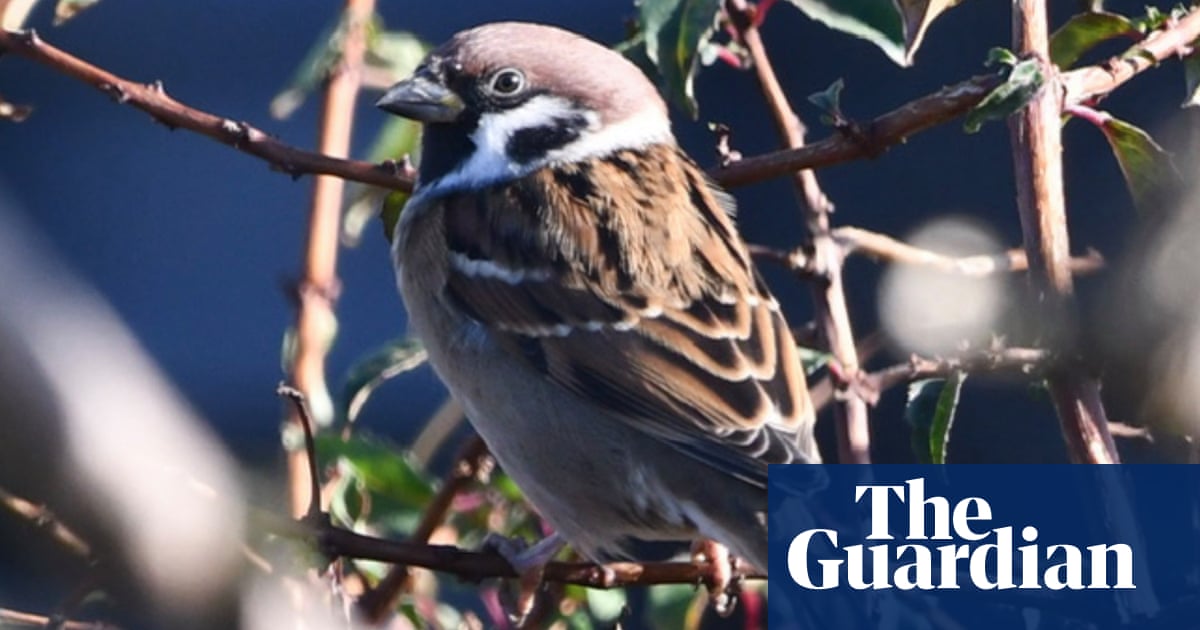
In Baixo Alentejo province, there is a stretch of near-treeless undulating country centred roughly on the town of Castro Verde. It is sheep-grazed land, historically rotated on a four-year fallow cycle with a cereal crop. This agricultural regime has created a habitat known technically as pseudo-steppe (it’s not true steppe, but created by deforestation from the Roman period onwards).
Today, 86,000 hectares of it sit within a special protection area, almost equal in size to the landholdings of all the UK’s wildlife trusts. Its headlines usually involve its most glamorous species – Iberian lynx, Iberian imperial eagle and great and little bustards – not just rare in Iberia, but some of the rarest animals on Earth.
On one morning, however, I focused on something equally glorious. The context is everything, because this is unprepossessing country, whose subtle suite of pastel shades centres on a kind of grey fawn. It is immensely restful on the eye but, in truth, it looks rather dull, and add to it the quietude of winter and it could seem dead and melancholic.
But not to any naturalist. Through the scintillating blue air, there came to me in waves the sounds of skylarks overhead, showering down corresponding flocks of their joy-filled chirrup notes. A few trees by a derelict farmhouse held several hundred Spanish and house sparrows, rushing back and forth, maintaining their own salty palaver.
All along the fence lines were chiffchaffs and black redstarts sallying to feed. Thekla larks and goldfinches called from every hollow, and in each gnarled evergreen oak there came rattling salvoes of corn bunting song.
These were nearly all grey-brown streaky birds in a grey-brown place, but they add up to something summarised by Mike McCarthy in The Moth Snowstorm: “blessed, unregarded abundance”. It is almost impossible to find the same in our fragmented islands today. I doubt, for example, there’s a flock of 500 sparrows anywhere in Britain. As I luxuriated in this commonplace commotion, an Iberian imperial eagle flew past. As often happens when you try to anticipate a bird’s unobserved flight path behind a near slope, it never reappeared.












